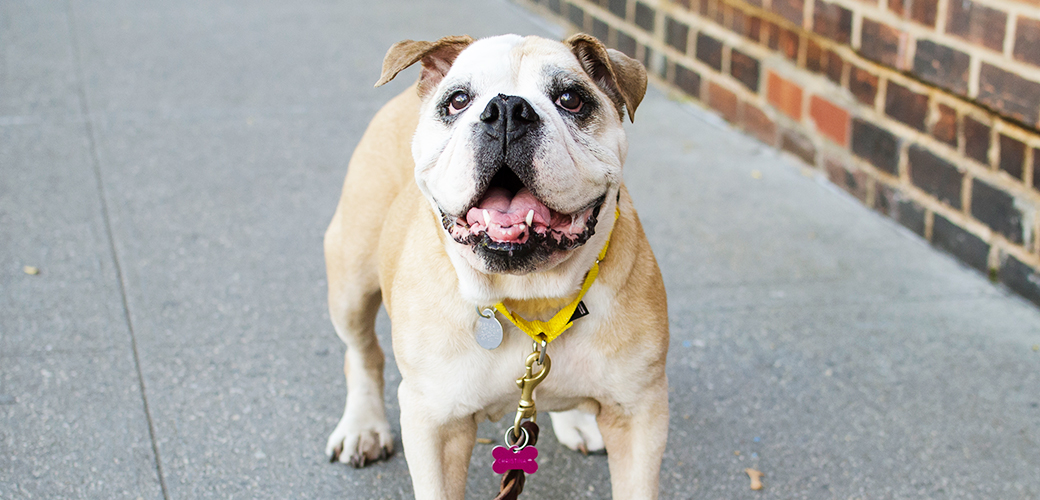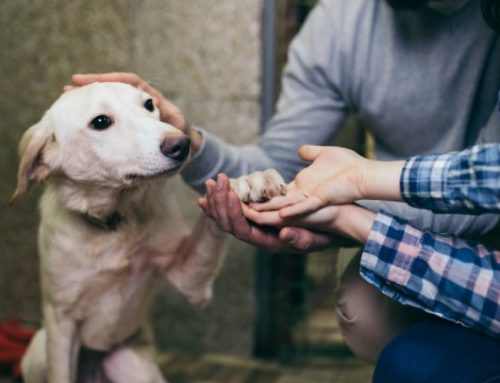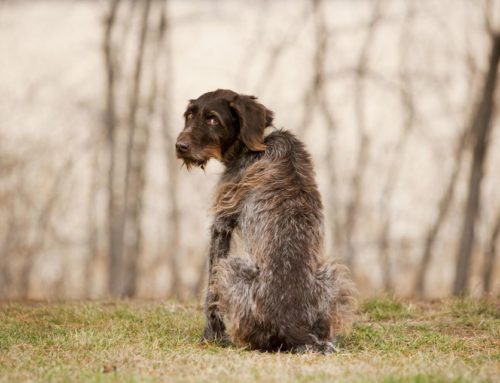THESE ARE General Dog Care tips
If you’re considering bringing home a new dog, please make adoption your first option. We encourage you to browse our directory of adoptable dogs in your area or visit our Find a Shelter page to start your search.
Feeding
- Puppies eight to 12 weeks old need four meals a day.
- Feed puppies three to six months old three meals a day.
- Feed puppies six months to one year two meals a day.
- When your dog reaches his first birthday, one meal a day is usually enough.
- For some dogs, including larger canines or those prone to bloat, it’s better to feed two smaller meals.
Exercise
Dogs need exercise to burn calories, stimulate their minds, and stay healthy. Individual exercise needs vary based on breed or breed mix, sex, age and level of health. Exercise also tends to help dogs avoid boredom, which can lead to destructive behaviors. Supervised fun and games will satisfy many of your pet’s instinctual urges to dig, herd, chew, retrieve and chase.
Grooming
Help keep your dog clean and reduce shedding with frequent brushing. Check for fleas and ticks daily during warm weather. Most dogs don’t need to be bathed more than a few times a year. Before bathing, comb or cut out all mats from the coat. Carefully rinse all soap out of the coat, or the dirt will stick to soap residue. Please visit our Dog Grooming Tips page for more information.
Handling
To carry a puppy or small dog, place one hand under the dog’s chest, with either your forearm or other hand supporting the hind legs and rump. Never attempt to lift or grab your puppy or small dog by the forelegs, tail or back of the neck. If you do have to lift a large dog, lift from the underside, supporting his chest with one arm and his rear end with the other.
Housing
Your pet needs a warm, quiet place to rest, away from all drafts and off the floor. A training crate or dog bed is ideal, with a clean blanket or pillow placed inside. Wash the dog’s bedding often. If your dog will be spending a lot of time outdoors, be sure she has access to shade and plenty of cool water in hot weather, and a warm, dry, covered shelter when it’s cold.
Licensing and Identification
Follow your community’s licensing regulations. Be sure to attach the license to your dog’s collar. This, along with an ID tag and implanted microchip or tattoo, can help secure your dog’s return should she become lost.
Fleas and Ticks
Daily inspections of your dog for fleas and ticks during the warm seasons are important. Use a flea comb to find and remove fleas. There are several new methods of flea and tick control. Speak to your veterinarian about these and other options. Visit our Fleas and Ticks page for more information.
Spaying and Neutering
Female dogs should be spayed and male dogs neutered by six months of age. Please visit our Spay/Neuter Your Pet page to learn more.
Vaccinations
Your dog may benefit from receiving a number of vaccinations. Please visit our Pet Vaccinations page to learn more.
Dog Supply Checklist
- Premium-quality dog food and treats
- Food dish
- Water bowl
- Toys, toys and more toys, including safe chew toys
- Brush & comb for grooming, including flea comb
- Collar with license and ID tag
- Leash
- Carrier (for smaller dogs)
- Training crate
- Dog bed or box with warm blanket or towel
- Dog toothbrush
-
LEARN MORE
- https://www.aspca.org/pet-care/dog-care/general-dog-care






Leave A Comment
You must be logged in to post a comment.